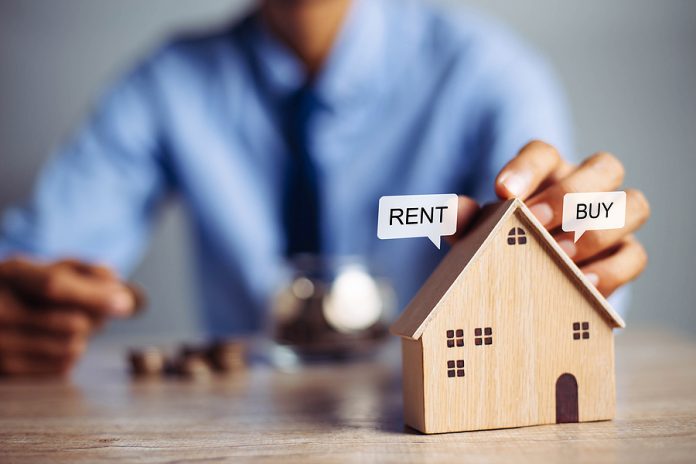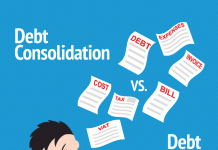Speak to any budding first time home buyer in the UK and they all say the same thing, ‘I’d love to get a house and start paying my own mortgage rather than someone else’s, renting is dead money’. So from a professional perspective, is this true?
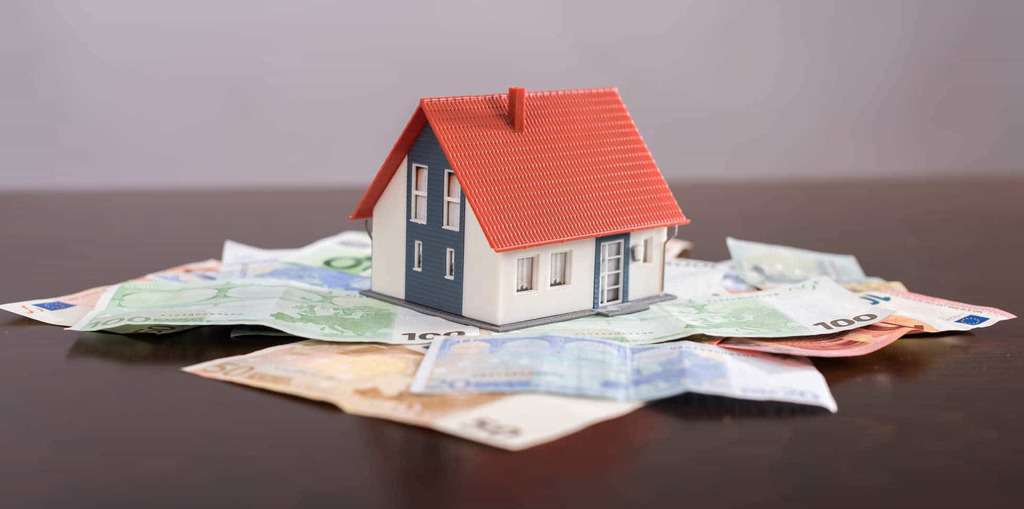
The term dead money refers simply to someone letting a property for £x a month, when they could be using that cash to pay a mortgage on a house they own themselves. This is often the case, and it’s actually possible to find a property that can work out cheaper to own than rent!
Buying can be cheaper than renting!
Seems strange at first, but with house prices falling and rental costs staying relatively stable, it’s often very realistic.
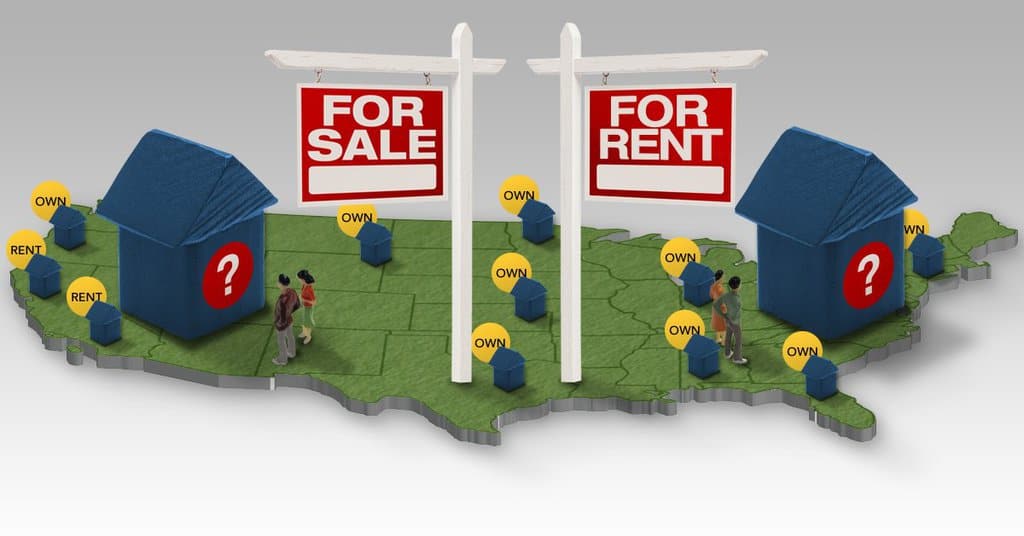
For example, In today’s market, a £80,000 house in the midlands could be rented for maybe £450/m. A mortgage for 90% (£72,000) on a 5.5% rate, repaid over 25 years would be approx £442pm, over 30 years approx £408pm. Obviously the house will require general maintenance and decoration, but if you can get the deposit and fees together to purchase, the ongoing costs can be relatively inexpensive.

It’s a great time to get on ladder
With house prices in general deflated compared to the last 4/5 years, and with the expectation for prices to recover and increase over the next few years, longer term capital gains look promising.
Some great schemes around to help first time buyers
- Lend a Hand

Designed to allow a 5% deposit so long as a friend/family member saves 20% with the lender for over 3 years. Security is taken over the cash for this period, until such time as the equity becomes 10% and the charge can be lifted.
- Parental security
Where the borrowers parents have a legal charge put on their main residence as well as the purchased property, as increased security for the lending.

So, should the borrowers default and the house be reposessed, any shortfall in sale value is to be re-couped from the parents house.
- Landlord discounts
A special consideration sometimes applies to mortgages for landlords. Similar to vendor discounts, whereby the borrower is purchasing the property they are currently renting. Some lenders allow a discount in price to be used towards deposit (often with a minimum discount of 10%).
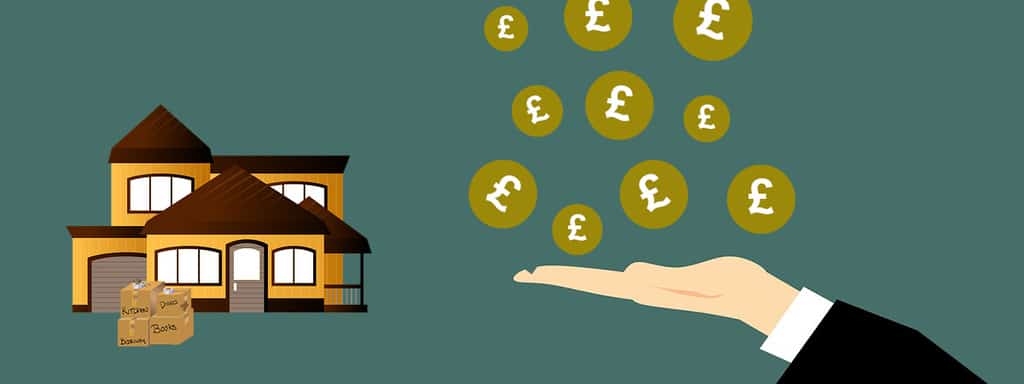
Borrowers would then mortgage for the full amount based on the original price and may not need any deposit themselves.
- Family Purchases
Where a borrower buys off a family member at a discounted price, some lenders allow the purchase to go through with a 100% mortgage and no additional deposit required.
- Gifted Deposits

Simply a deposit that is given to the borrower, usually by a family member. Would need to be the minimum to meet the lenders criteria.
Start repaying the debt ASAP to be mortgage free well before retirement
It’s always advisable to be mortgage free in retirement – the time most people are on a lower income. It’s common these days for people to continue working past their planned retirement age, just so they can pay off the remainder of their mortgage. The sooner you start payments, the sooner you’ll repay!

Independence
When renting, you’re very much at the hands of your landlord, who could decide to sell or evict you once your tenancy has expired. Buying means you wont have to keep moving every 12 months.
Home improvements adds value to your house not someone else’s
Often, when moving into any new place, people make certain changes to the property (usually just decor and furniture when renting).
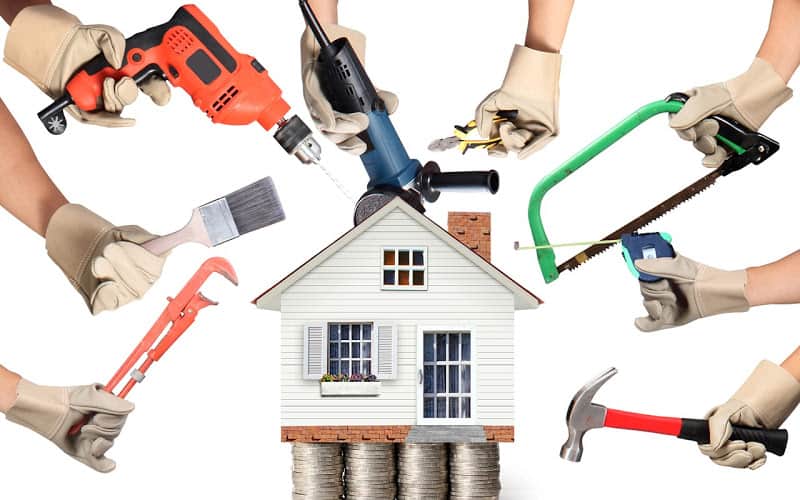
Studies show that those moving into a bought property from rented, buy completely new furniture and give away their old sets, more often than not.
It’s possible to let out in future
If your plans change, it’s always an option to rent out the property and have tenants repay the mortgage for you. Buy to Let Mortgages are mortgages specifically designed for the home-owner to lease out to others. They are often paid back with a focus on just paying the interest which can be helpful if you’ve decided to rent because you’re struggling with affordability.
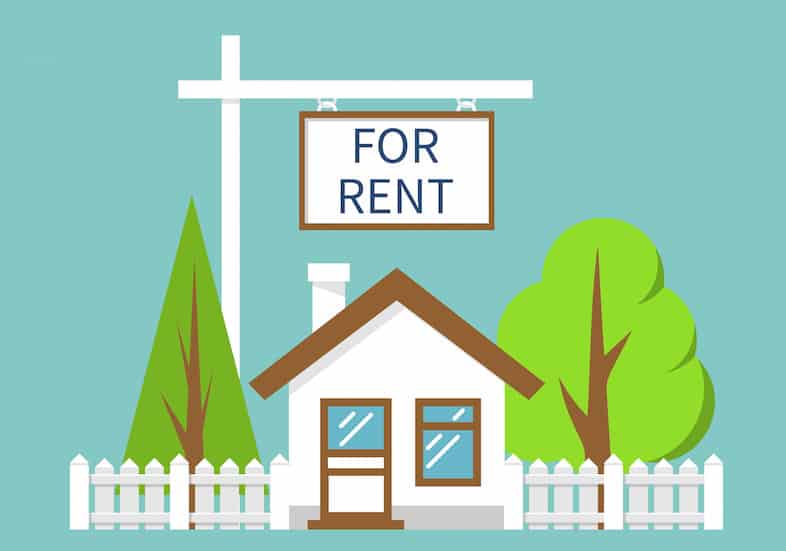
Drawbacks of buying:
- Set up costs
These include valuation fees, legal fees, broker fees, and can add up to £1500 upwards in total.
- Renovation
Property may need more work than a rental, and more furniture. The cost of getting things to a standard you like may cost thousands.

- Maintenance costs
Updating decor, replacing broken fittings and fixtures etc are all costs you’d incur instead of your landlord if you were renting.
- You’ll be tied to property
Like it or not, the buying and selling process can be stressful and very time consuming – sometimes finding a buyer offering the right price can take months or even years.
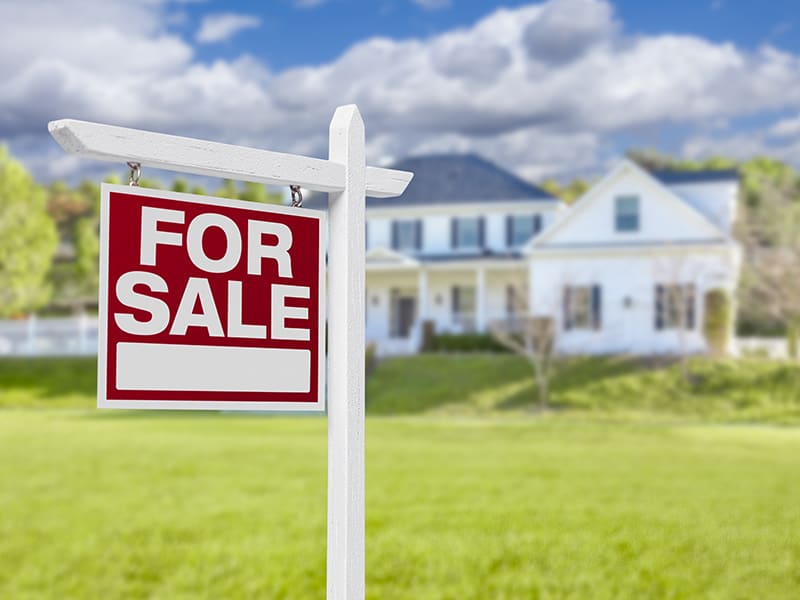
Plus you’ll also need to factor in estate agent fees that can be hefty at times.
Implications of buying the wrong house
- Damage
If the property has severe defects that aren’t picked up by the valuation, you could be left with massive bills to pay or even a property that’s beyond repair.

- Difficulty Selling it On
If you buy a property in the wrong area or with other issues that put potential buyers off, you could be stuck with it or forced to drop the asking price and potentially lose money. It’s not uncommon since the house price crash, for vendors to have to find extra cash to repay a mortgage if in negative equity like this.
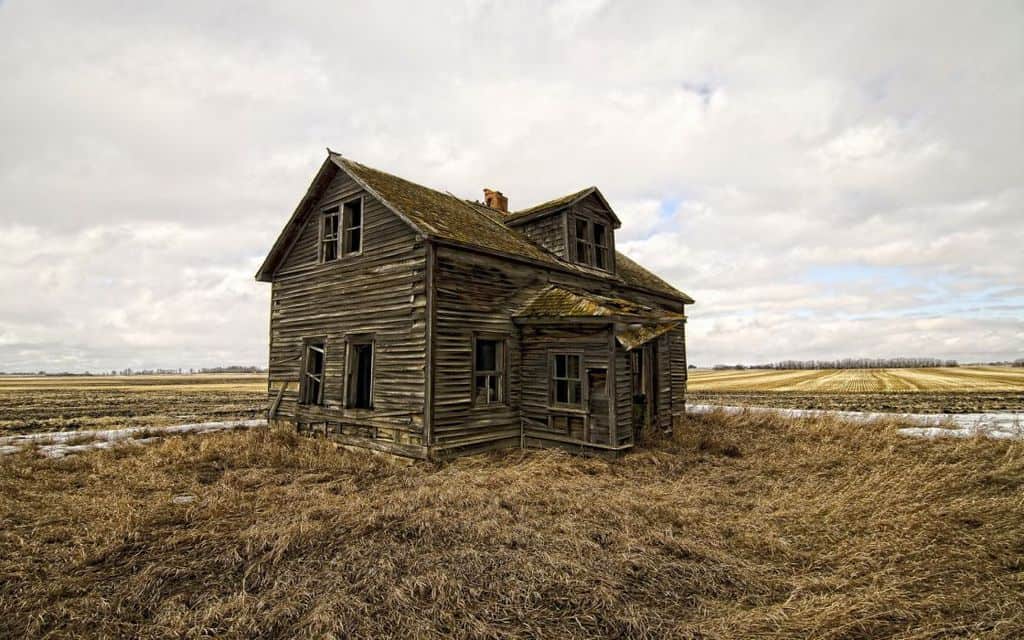
Although buying can be costly, and the wrong property can be at times disastrous, if you’re patient and sensible with you choice and offer, buying can work out a great proposition, and in the current market the potential long term capital gains can be an attractive draw.
Get the basics right and buy your property wisely (in a good area, with parking, near good schools etc) and minimize the risk of being unable to sell in future.


